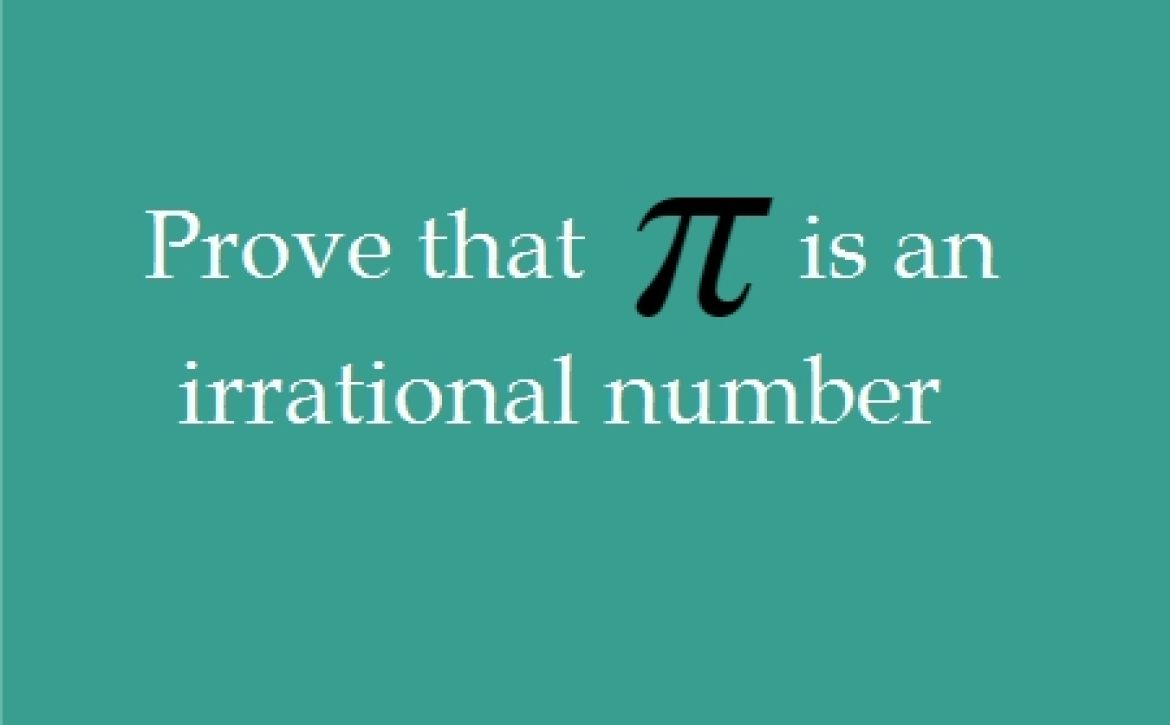
237 Views
Are you truly irrational?
Let $\pi=a/b$, the quotient of two positive coprime integers.
Let's define the polynomials.
$f(x)=\frac{x^{n}(a+bx)^{n}}{n!}$ and
$\mathbf{F(x)}=f(x)-f^{2}(x)+f^{4}(x)-...
+(-1)^{n}f^{(2n)}(x)$
We will specify the positive integer $n$ later.
$n!f(x)$ has integer coefficient and it is a function of $x$ of degree no fewer than $n$, $f(x)$ and its derivative $f^{(i)}(x)$ have integral values for $x=0$ and also for $x=\pi=a/b$, since $f(x)=f(\frac{a}{b}-x)$ considering elementary calculus, we have
\mathbf{F}(x)cosx\}=$
${\mathbf{F}^{''}}(x)sinx+\mathbf{F}(x)sinx=f(x)sinx$ and
[\mathbf{F}^{'}(x)sinx-\mathbf{F}(x)cosx]^{\pi}_{0}$
$\mathbf{F}(\pi) = \mathbf{F}(0)$ (1)
We have $\mathbf{F}(\pi) = \mathbf{F}(0)$ is an integer since $f^{(i)}(\pi)$
and $f^{(i)}(0)$ are integers. However for $ 0 < x < {{\pi}} $;



We realised we really wanted to catch a glimpse of what went on behind the scenes of the companies we looked up to. And we thought other people would want to know too.
So we decided to organise an event to share these stories. Today, we run monthly Show & Tell events and an annual conference.